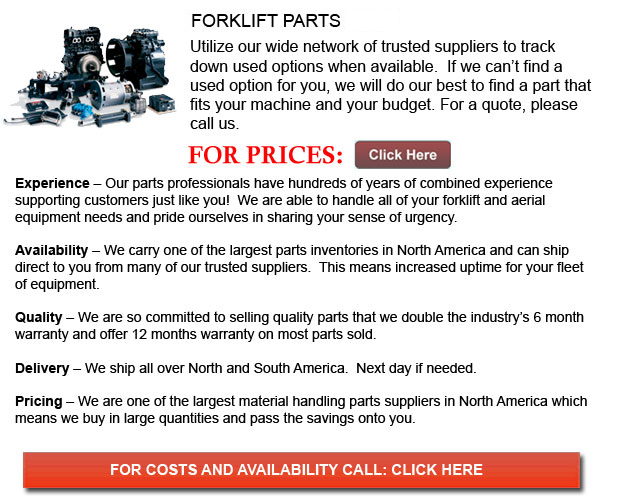In the chicken business you have a complex
The hub system that evolved in Mississippi starts with the state’s half dozen broiler companies serving as hubs, or integrators, Leggett said. “Airlines have hubs. Smaller planes come in and larger planes go out. In the chicken business you have a complex” operated by an integrator that includes a feed mill, hatchery and processing plant.
In addition to Sanderson Farms, Mississippi integrators are Koch Foods, Marshall Durbin Co., Peco Foods, Tyson Foods and Wayne Farms.
Laurel’s Sanderson Farms and other integrators work with 100 or so poultry farmers within an approximately 60-mile radius of each of their complexes.
The poultry farmers specialize in one of three areas: growing broilers, breeding for broilers, or raising pullets.
The broiler farmer gets small chickens from the integrator and raises them to required weight. In addition to the chicks, the integrator provides the feed and medication. It pays the farmer based on the weight the chicken reaches. Broilers typically weigh from 3.8 pounds to 8.5 pounds when slaughtered, depending on the target market.
With hens and roosters provided by integrators, the breeding houses ensure production of the fertilized eggs that go to the integrator’s hatchery.
The pullet houses raise the adolescent chicken to breeding age and transfer them to breeding houses.
“It’s a tightly controlled and complex logistics system,” Leggett noted. “It’s more efficient for that one company to control everything from the hatchery to the grocery store.”

